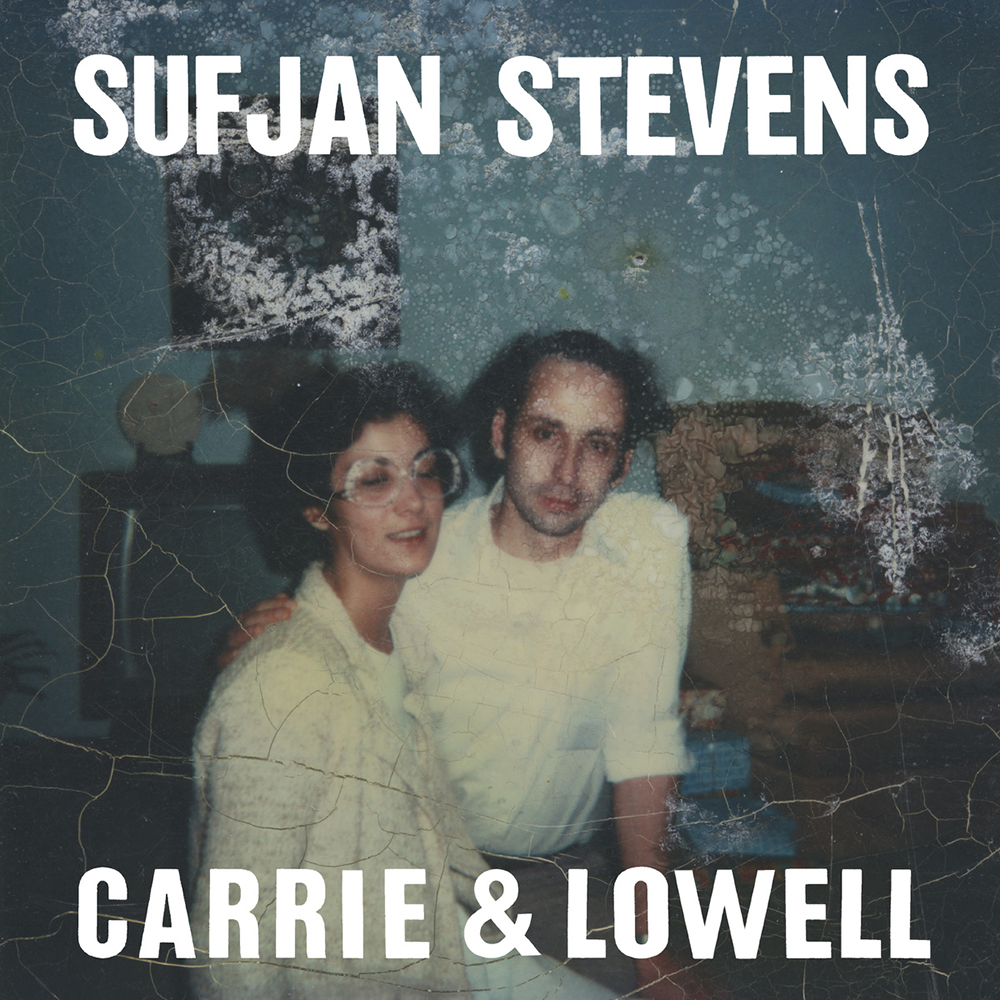Sufjan Stevens has never fit into the stereotypical Christian music mold. He traded the oh-so-common adult contemporary sound for folk/rock instrumentation and lyrics about doubt and sin. He is certainly an odd character, but he has always been honest. He has written things that have shocked and disturbed listeners, such as comparing himself to the serial killer/rapist John Wayne Gacy Jr. in his song of the same title. Yet that track could not have been a more honest description of the evil of sin. He ended that song with the line, “At my best behavior I am really just like him / look underneath the floorboards for the secrets I have hid.” Well, dear readers, get a good look, because Stevens’ new record “Carrie & Lowell,” named after his parents, is made up of all those secrets.
“Carrie & Lowell” is Sufjan’s first album since 2010’s “Age of Adz,” an insane mixture of electronic beats and synthesizer tones, reflecting the mental state of Stevens at the time. This most recent album is a reflection of his life and childhood in light of the death of his mother Carrie in 2012. Carrie struggled with alcoholism and schizophrenia and abandoned Stevens and his siblings when he was small. This album is Stevens’ way of working through the demons left over from those early years. He desperately longed for a relationship with his mother, but such a relationship hardly existed. He outlines these feelings throughout the album in songs like “I Should’ve Known Better,” where Stevens sings “When I was three, three maybe four / She left us at that video store” and “Eugene” where he croons “I just wanted to be near you.”
These sorts of heartbreaking lyrics pepper this album. Stevens also gets deeply personal about his faith in these lyrics. In “John, My Beloved,” Stevens sings “Jesus I need you / be near me / come shield me From fossils that fall on my head / There’s only a shadow of me; in a manner of speaking I’m dead.” The sincerity in this album is jaw-dropping and heart-wrenching. When Stevens sings “F*** me I’m falling apart” in “No Shade In The Shadow of the Cross,” it does not come across as crass, but sounds more akin to what David must have sounded like when he cried out to God in the Psalms.
It is clear that “Carrie & Lowell” was Steven’s way of exorcising the demons inside himself, born of his single-parent childhood. The Christian spirituality found throughout this album is not of the kitschy sort sometimes found in Christian music, but feels absolutely authentic. Perhaps this is the reason major secular publications such as The Atlantic and Pitchfork are publishing articles about Stevens and his faith. This is the power of true Christian authenticity. Stevens simply sings about his trials, doubts and insecurities, continually pointing back to Christ in the midst of them. When non-believers see this, they cannot help themselves — they must ask questions. This album is as near perfect as any album could hope to be. It should proudly sit amongst the best of Bob Dylan and Neil Young as a masterpiece of the singer/songwriter genre.







